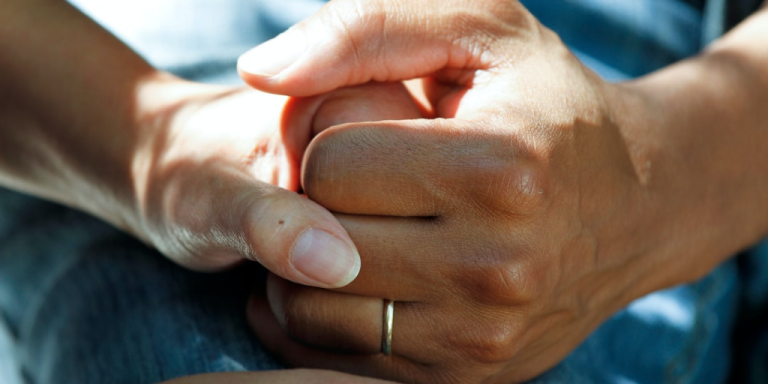Growing up sooner: do foster carers’ own children become adults earlier than their peers?
3 July 2023
Children whose parents also foster other youngsters are more likely to become adults sooner than their peers who don’t live with foster siblings.

That’s according to recent research from ICLS which compared the lives of the two groups, specifically as they transitioned from being teenagers into adulthood. The findings, according to the researchers, show that policy makers need to consider the impacts of fostering not just on foster children themselves but also on their foster siblings. They go on to suggest that specific training for social workers could be helpful.
Around ¾ of looked-after children are placed with foster parents, many of whom already have children of their own, meaning some 58,000 children share their lives and their parents with looked-after children.
The research team made use of the ONS Longitudinal Study to examine how the two groups went through the ‘big 5’ transitions to adulthood: finishing school, leaving home and financial independence, getting married and having children. The researchers were able to look at 2656 children who lived with foster siblings between 1971 and 2001, and compare them to 209,453 children who did not. They found that:
- In 9 out of 11 of outcomes, foster parents’ own children transitioned to adulthood earlier than the children of parents who did not foster
- 83 per cent of foster parents’ own children left school without A level qualifications compared with 79 per cent in the non-caregivers group
- Caregivers' children were less likely to be in employment long term, and were less likely to be financially independent or home owners
- 16 per cent of caregivers’ children were married before the age of 30 compared to 14 per cent of the non-caregiver group.
- Young women who grew up with foster siblings were more likely to have children at a younger age, with 6 per cent becoming teenage mothers versus 5 per cent of the non-caregiving group
Professor Amanda Sacker who led the research said:
“We believe social work education and training could include knowledge and skills development relevant to foster carers’ own children, including the risk of an early transition to adulthood. Social workers both supervise and support foster carers, and they act as intermediaries between the caregiver and the foster child’s own social worker, so with better understanding of the issues they could play a key role.
For example, supporting foster parents to keep their children in education for longer could become part of the role of supervising social workers. They might explore with foster carers any barriers to their own children staying in school, and what might prompt them to want to leave. They might also take on a wider role in supporting the children of foster parents, especially during their adolescence, though to do this, fostering services would have to ensure there was sufficient extra support time available.”
The researchers say a broader investigation of foster carers’ households is needed and that there are several areas where further study is needed such as whether :
- transitions are driven by the benefit of maturity or by the challenge of sharing a home
- caregivers’ children cope better if they are older than the foster child
- daughters in fostering households are more affected than sons
- children in foster care fare better or worse if placed with a foster parent who has children
Our study is the first of its kind to examine the transition to adulthood in relation to caregivers’ children – and although its findings are modest, they do support the suggestion that they make earlier transitions to adulthood. With some tens of thousands of caregivers’ children potentially experiencing these impacts, more work needs to be done on the issue.
Is foster caring associated with an earlier transition to adulthood for caregivers’ own children? ONS Longitudinal Studyis research by Amanda Sacker, Rebecca Lacey, Barbara Maughan and Emily Murray and is published in SocArvXiv Papers, 19 Feb 2023
 Close
Close

